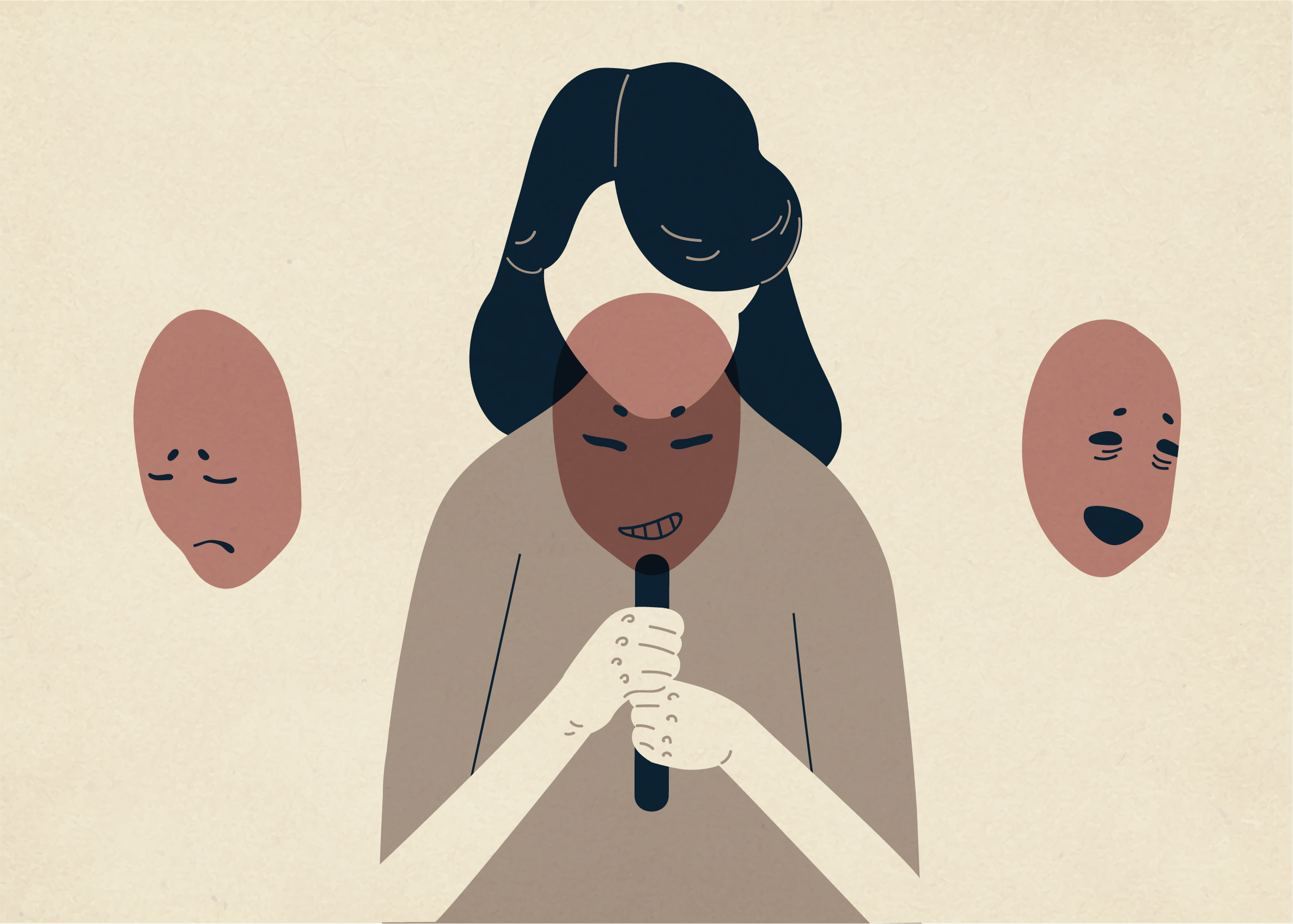For centuries, people have been searching for the secrets to happiness. But trying too hard to be happy often leads to disappointment.
Happiness often proves to be an elusive target — the actions we think, would, directly or indirectly, bring us joy can lead us into misery.
Perhaps a more counter-intuitive approach to identify what makes us unhappy — behaviours (sometimes overlooked which often go unnoticed until it’s too late) that are extremely harmful to your wellbeing, can lead to a satisfying life.
According to Randy J. Paterson, PhD, author of How to Be Miserable: 40 Strategies You Already Use, you can’t become a happier person if you don’t know what causes you misery in the first place.
This unconventional approach to happiness was — almost accidentally — created by Peterson, as he led an eight-week group therapy session for patients who had been severely depressed.
During the session, Peterson realised that asking his patients to think about what made them happy produce the results they were hoping for.
Then, he and his colleagues had an insight: What if they asked the participants, “Well, what if you wanted to feel worse?” “Suddenly the floodgates opened,” recalled Paterson. “People came up with all kinds of answers to that question,” and a much more productive therapeutic environment followed.
That insight eventually led to Paterson’s book How to Be Miserable: 40 Strategies You Already Use, in which Paterson offers a counterintuitive approach to happiness — focus on what makes you miserable.
Paterson explained in an interview with The Cut, “Between the influences of our culture, our physiology, and our psychology,” Paterson writes, “it appears that striving for happiness is a tiring matter; we’re swimming against a powerful current. We might almost say that happiness in such circumstances is unnatural.”
To get happier, think like an unhappy person
When the conventional way to get happier fails, try the misery path. “A little mental counterprogramming goes a long way, says Paterson.
He argues that if we consciously go after the opposite of happiness, and focus on identifying and avoiding the tried-and-true traps that increase feelings of dissatisfaction, and detract from our quality of life, we can live the happy life.
As Paterson puts it, if you “optimize misery” by becoming more aware of your own detrimental habits, you can paradoxically open up new and helpful behavioural pathways.
He explains to David Marchese at The Cut, “If you realise that if you want to feel worse, you could be completely inactive, get no exercise, eat non-nutritious food, or compare yourself negatively to others, you can then go, well, wait a minute, maybe I could do the opposite of that and that would be helpful.
You can begin this process by isolating the things that you do daily that contribute to an unhappy feeling. So instead of looking for everything that can make you happy, begin to pay attention to your feelings and notice the many things that change your mood from good to worse. Begin to then find ways to either avoid them or find solutions to the issues or problem that stand in the way of your happiness.
“Once you begin recognizing the behaviours you’re doing that make you unhappy, then you can begin shifting them bit by bit. The challenge is to let go of the idea that you’re going to change your entire life all at once,” writes Marchese.
Focusing on the worst things that makes life a miserable, gives you a realistic pathway to happiness. Usually, things, like caring too much about what others think of you, or comparing yourself to others, can help you find out how your mood changes with every behaviour or habit. With that insight, you can then focus on eliminating bad habits.
Paterson suggests that you imagine requiring a dozen random people to live life exactly as you have been living it — the same eating, sleep and exercise patterns, same social connections, same job, family and finances… and then imagine checking back in with them in a month to see how they’ve been feeling.
Chances are, if you’re an unhappy person, they will take on your unhappiness enhancing habits, living a similarly miserable life.
Think about it, when you focus on things you think will bring you happiness (more money, achieving a goal, finding love, etc), there are no direct pathways to these goals, and so, you become even more upset as they become elusive.
“The path upward and the path downward are usually part of the same mental terrain,” said Paterson. “So if you can isolate the things that you do that would make you feel worse — like continuing a behaviour that doesn’t help you — then you can similarly isolate the things that will make you feel better.”
To build a fulfiling and happy life, identify and eliminate everything that makes you miserable or enhance your unhappiness. Focus on optimising misery. Those behaviours are what stand in the way of your happiness.
Originally published on Medium.
Follow us here and subscribe here for all the latest news on how you can keep Thriving.
Stay up to date or catch-up on all our podcasts with Arianna Huffington here.


